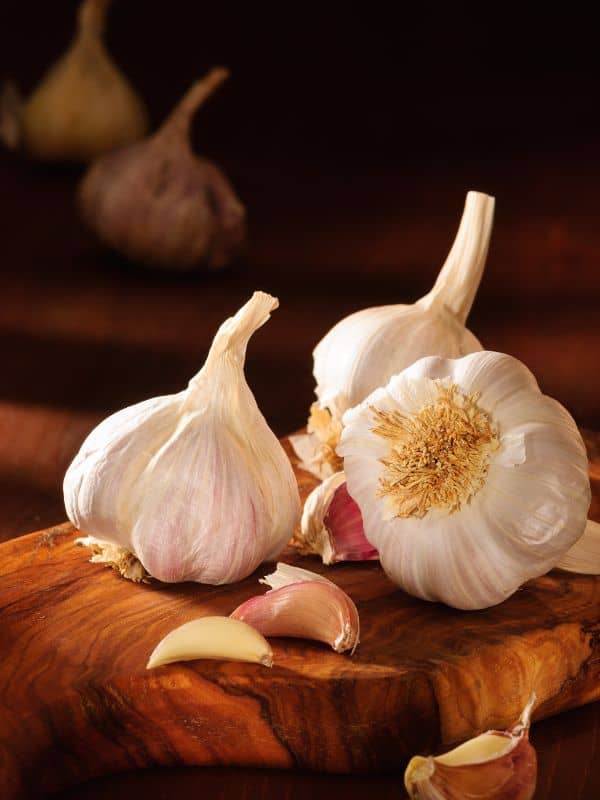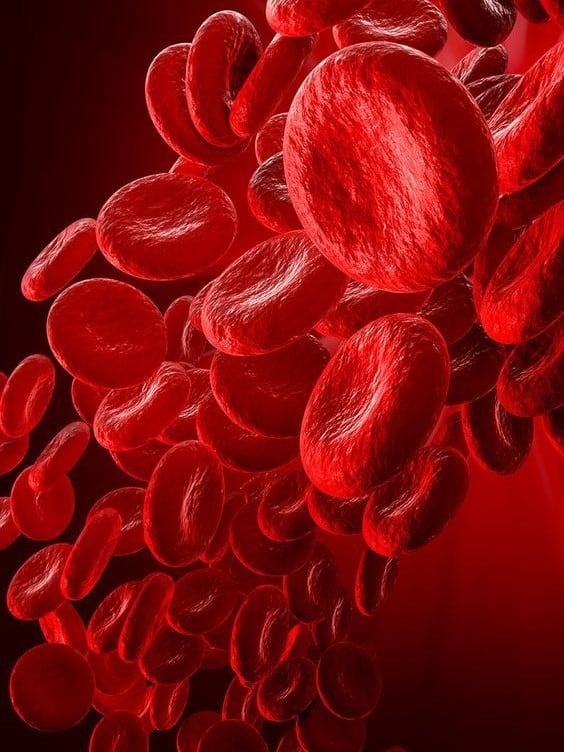Garlic: The Superfood with 8 Proven Health Benefits

Garlic (Allium sativum) is more than just a flavorful ingredient in your favorite recipes. For centuries, this versatile bulb has been celebrated for its medicinal properties, offering a range of health benefits backed by modern science.
From boosting immunity to supporting heart health, garlic truly lives up to its title as a superfood. Let’s uncover the incredible ways garlic can improve your well-being.
1. Strengthens Your Immune System
Garlic is a powerful natural immune booster, thanks to its active compound allicin, which is released when garlic is crushed or chopped.
Allicin enhances the function of white blood cells, helping the body combat infections and illnesses. Its antimicrobial properties also make it effective against bacteria and viruses.
Research published in Advances in Therapy indicates that garlic supplementation can reduce the severity and duration of colds while enhancing the body’s defenses. To maximize its benefits, consume garlic raw or lightly cooked to retain its allicin content.
2. Promotes Heart Health
Garlic supports cardiovascular health by improving cholesterol levels. It reduces LDL (bad cholesterol) while increasing HDL (good cholesterol).
Additionally, garlic has been shown to lower blood pressure, a key factor in preventing heart disease and stroke. A study in The Journal of Nutrition found that garlic supplementation significantly reduced both systolic and diastolic blood pressure in individuals with hypertension.
The herb’s ability to relax blood vessels and improve circulation further enhances its heart-protective effects.

3. Naturally Lowers Blood Pressure
High blood pressure, or hypertension, is a leading risk factor for cardiovascular disease. Garlic offers a natural solution by dilating blood vessels and improving blood flow.
Studies show that garlic can lower systolic pressure by 8–12 mmHg and diastolic pressure by 5–7 mmHg. These results are comparable to standard medications but without common side effects.
For best results, aim to consume 1–2 cloves daily or opt for a high-quality garlic supplement.

4. Fights Inflammation and Oxidative Stress
Garlic contains sulfur compounds, such as diallyl disulfide, that combat inflammation. This makes it a valuable ally in managing chronic conditions like arthritis, heart disease, and even cancer.
Its antioxidant properties help neutralize free radicals, protecting cells from damage and supporting healthy aging. Research published in The Journal of Nutrition highlights garlic’s ability to lower markers of inflammation, including C-reactive protein (CRP).

5. Enhances Digestive Health
Garlic’s antispasmodic and antibacterial properties promote a healthy digestive system. It can soothe digestive discomfort, prevent cramps, and balance gut flora.
Studies in Frontiers in Pharmacology suggest that garlic is effective in managing harmful bacteria like H. pylori, which can lead to ulcers. Additionally, it may help reduce bloating and symptoms associated with digestive disorders like IBS.

6. Supports Liver Detoxification
Garlic aids in liver detoxification by activating enzymes that remove toxins and heavy metals. Its sulfur compounds play a crucial role in this process.
According to a study in Environmental Toxicology and Pharmacology, garlic consumption enhances liver function and reduces toxicity. Incorporating garlic into your diet helps your body efficiently eliminate harmful substances.

7. Assists in Weight Management
Garlic may contribute to weight management by boosting metabolism and promoting fat burning. It also helps regulate blood sugar levels, preventing insulin spikes that can lead to weight gain.
When combined with a balanced diet and regular exercise, garlic can aid in reducing body fat and improving overall body composition.

8. May Lower Cancer Risk
Garlic has shown potential in reducing the risk of certain cancers, particularly those affecting the digestive system, such as colon and stomach cancer.
Its sulfur compounds are believed to slow tumor growth and inhibit the development of cancerous cells. A study in Cancer Prevention Research found that regular garlic consumption was associated with a lower risk of colorectal cancer.
How to Incorporate Garlic into Your Diet
- Raw Garlic: Crush or chop raw garlic and add it to salads, dips, or spreads to maximize its allicin content.
- Cooked Garlic: Use garlic in soups, stir-fries, or roasted dishes. Cooking slightly reduces allicin but retains many health benefits.
- Supplements: Garlic capsules or tablets are a convenient alternative for those who don’t enjoy its strong flavor.

Precautions to Keep in Mind
- Blood-Thinning Effects: Garlic may act as a mild blood thinner. Consult a doctor if you’re taking anticoagulant medications.
- Digestive Sensitivity: Start with small amounts if you’re prone to bloating or gas.
- Pregnancy and Breastfeeding: Speak to a healthcare provider before using garlic supplements during pregnancy or lactation.

A Note of Caution
This article is for informational purposes only. Always consult a healthcare professional before starting any new dietary or supplement routine, especially if you have existing medical conditions or take medication.